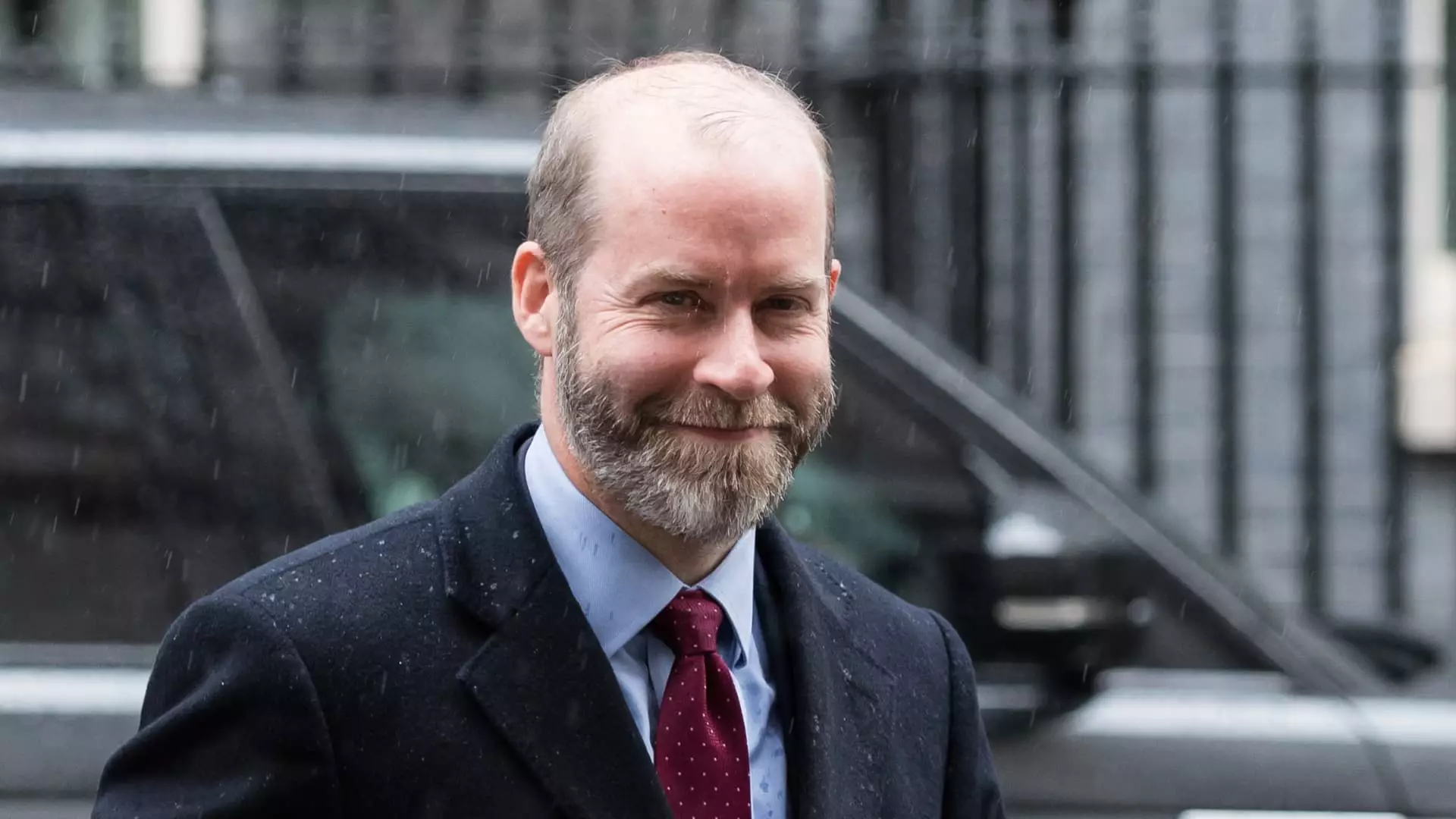In an era characterized by intricate global trade dynamics and post-Brexit recalibrations, the U.K. government’s focus on securing substantive trade agreements with key markets has taken center stage. Recent comments by U.K. Business and Trade Minister Jonathan Reynolds underscore the government’s commitment to reinvigorating trade talks, particularly with India and the Gulf Cooperation Council (GCC). As negotiations loom on the horizon, it’s crucial to explore the significance of these trade agreements and what they entail for Britain’s economic landscape.
The Gulf nations, comprising Bahrain, Kuwait, Oman, Qatar, Saudi Arabia, and the United Arab Emirates, present lucrative opportunities for the U.K. In light of fluctuating oil prices and the ongoing economic diversification initiatives led by these nations, establishing robust trade ties could be mutually beneficial. Reynolds articulated this sentiment during the International Investment Summit in London, emphasizing that both economic rationale and commercial incentives underpin the U.K.’s interest in these regions.
Likewise, India represents a massive market with high growth potential. The U.K. and India have historically enjoyed a close relationship, and the British government views a comprehensive trade agreement as a pathway to enhance this relationship further, even amid geopolitical complexities. Negotiations with India have already progressed through multiple rounds, indicating both parties’ willingness to solidify terms beneficial to their respective economies.
Brexit has precipitated essential changes in the U.K.’s trade policy, where the pursuit of free trade agreements has been portrayed as a cornerstone of post-EU economic strategy. Former Prime Minister Boris Johnson’s ambitious goal of securing a trade deal with India “by Diwali” 2022 exemplified this drive, yet the promise has not yet been fulfilled, leading to a mix of optimism and skepticism regarding the U.K.’s ability to forge comprehensive trade accords any time soon.
While the U.K. has managed to ink agreements with Australia, New Zealand, and Singapore, the slow progress with major players like India raises questions. Reynolds’ statements reveal a strategic pivot towards long-term negotiations rather than immediate results. The mathematical complexity behind these deals—where the easiest aspects are typically addressed first—adds to the challenge, illustrating that negotiations in international diplomacy can be both time-consuming and intricate.
Reynolds’ commitment to building upon the framework laid by the previous Conservative administration highlights the need for continuity in foreign trade policy. This endeavor is particularly vital as the U.K. looks to reclaim its authority and credibility in international trade discussions following Brexit. The government aims to reinforce its position in global markets while addressing the need for diversification away from traditional European trade partners.
However, it is essential to realize that successful engagement with non-democratic nations—such as Saudi Arabia and the UAE—raises pertinent ethical considerations. Reynolds addressed these complexities by recognizing that British commercial engagement with these nations, albeit not inherently political, can foster improvements in diplomacy and relationships. This viewpoint suggests a more pragmatic approach where trade is not merely transactional but is seen as a conduit for broader diplomatic dialogues.
The anticipation surrounding the upcoming trade negotiations with both the Gulf and India indicates a palpable urgency among U.K. officials. As both nations and the U.K. prepare for potential resumption of discussions, the focus will likely shift towards establishing a timeline for conclusion that aligns with the interests of all parties. With statements from Indian officials hinting at a systematic approach to finalizing deals, it is clear that both sides are aware of the need to thoroughly analyze and negotiate terms that can withstand scrutiny.
While Reynolds’s comments convey optimism, they also reveal the complex interdependencies inherent in global trade negotiations. The process to reach a conclusive deal demands patience and meticulous planning, especially considering the nuanced geopolitical landscapes of the countries involved. The potential outcomes of the U.K.’s trade strategies will be pivotal in shaping its economic future in a post-Brexit world, particularly as new alliances and partnerships are forged across continents.
The U.K.’s ongoing trade talks with India and the Gulf nations symbolize an essential chapter in its post-Brexit economic narrative. As negotiations evolve, remaining vigilant and adaptable will be paramount to navigate the waters of international trade successfully.

Leave a Reply